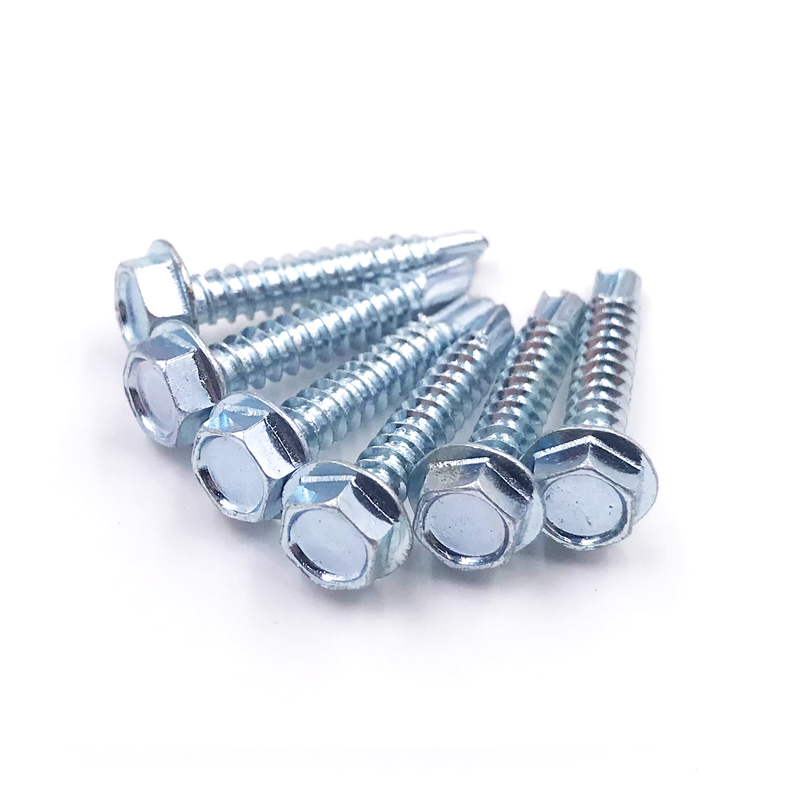Exploring the Role of Chemical Fasteners in Enhancing Concrete Construction Durability and Performance
The Role of Chemical Fasteners in Concrete Applications
In the construction industry, the integrity and durability of structures depend significantly on the quality of the connections between materials. One increasingly popular solution for securing various components to concrete is the use of chemical fasteners. These innovative fasteners have transformed the approach to anchoring and fastening in concrete applications, offering numerous advantages over traditional mechanical fasteners.
The Role of Chemical Fasteners in Concrete Applications
One key advantage of chemical fasteners is their versatility. They can be used in a variety of applications, such as securing steel beams, mounting heavy equipment, or installing railing systems. Additionally, they are effective in both solid and hollow concrete blocks, making them suitable for various construction projects. Their ability to accommodate different environment types—whether indoor or outdoor, dry or wet—further enhances their usability in diverse conditions.
chemical fasteners concrete

Another significant benefit of chemical fasteners is their resistance to environmental factors. In environments subject to moisture, temperature fluctuations, or chemical exposure, traditional mechanical anchors may deteriorate over time, leading to compromised structural integrity. On the other hand, chemical fasteners are often formulated to resist these variables, providing long-lasting performance and reliability. This durability is particularly crucial in construction environments such as bridges, parking garages, and industrial settings, where the strong bond between materials is essential for safety.
Installation of chemical fasteners offers another layer of benefits. While traditional fasteners may require extensive preparation and drilling, chemical fasteners can often be installed with precision using a standard caulking gun. The injection method allows for deeper penetration into the substrate, improving load capacity and increasing the overall strength of the connection. Moreover, chemical anchors can be installed in wet or flooded holes, where mechanical anchors would fail, thus providing flexibility in difficult job site conditions.
However, it is important to recognize that the successful use of chemical fasteners hinges on careful selection and proper installation. Different adhesives are available to suit various applications and environmental conditions, so it is crucial to consult product specifications and guidelines provided by manufacturers. Proper surface preparation, including cleaning and ensuring that the substrate is free from debris and contaminants, is also essential to achieve optimal bond strength.
In conclusion, chemical fasteners represent a significant advancement in concrete fastening technology. Their ability to establish strong, durable bonds in various applications and conditions makes them an indispensable asset in the construction field. As the demand for reliable and resilient construction methods continues to grow, chemical fasteners are poised to play a pivotal role, providing safety and stability to structures now and in the future.
-
Weatherproof Plastic Expansion Anchors for OutdoorNewsJun.06,2025
-
Sustainability in the Supply Chain: Eco-Friendly TEK Screws ProductionNewsJun.06,2025
-
Load-Bearing Capacity of External Insulation FixingsNewsJun.06,2025
-
Double Head Bolts: Enhancing Efficiency in Industrial MachineryNewsJun.06,2025
-
Corrosion Resistance in Chipboard Screws: Coatings for Wholesale DurabilityNewsJun.06,2025
-
Butterfly Toggle Bolts : Enhancing Structural ResilienceNewsJun.06,2025
